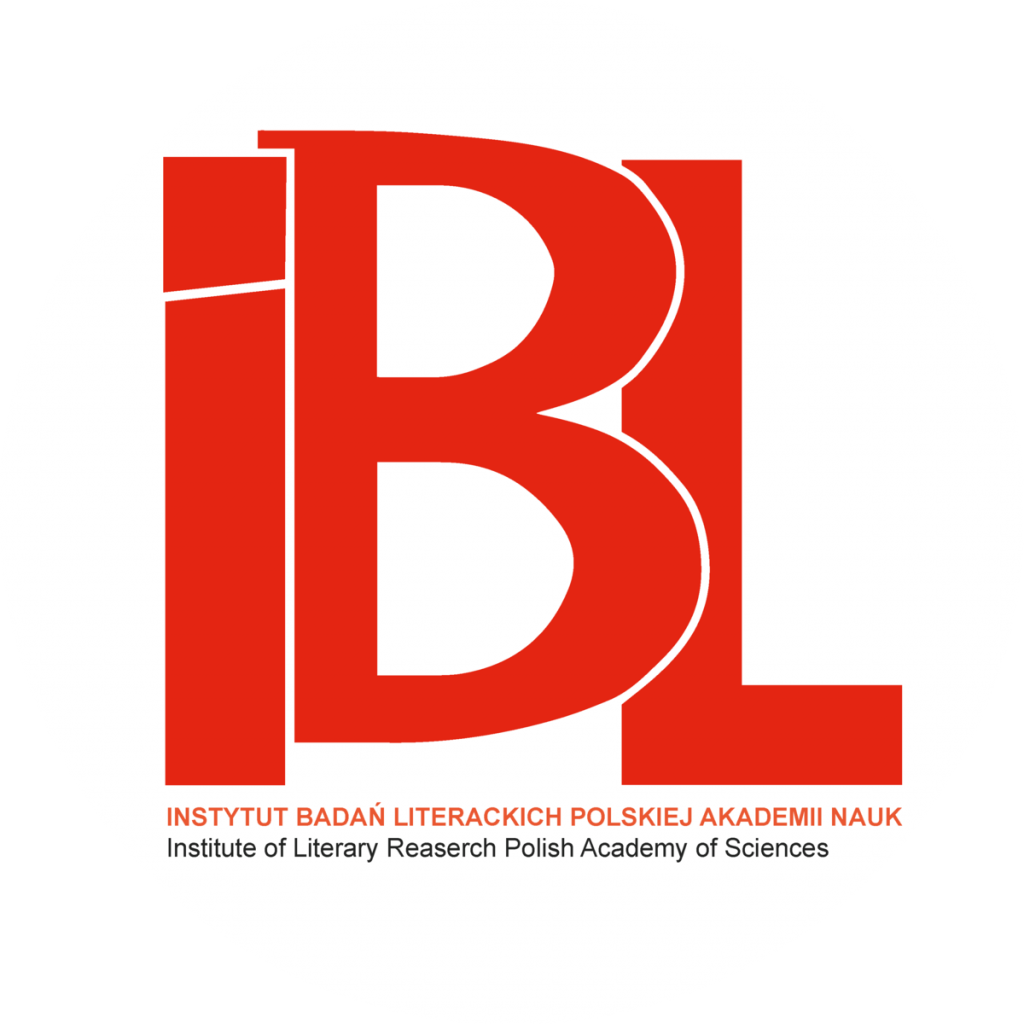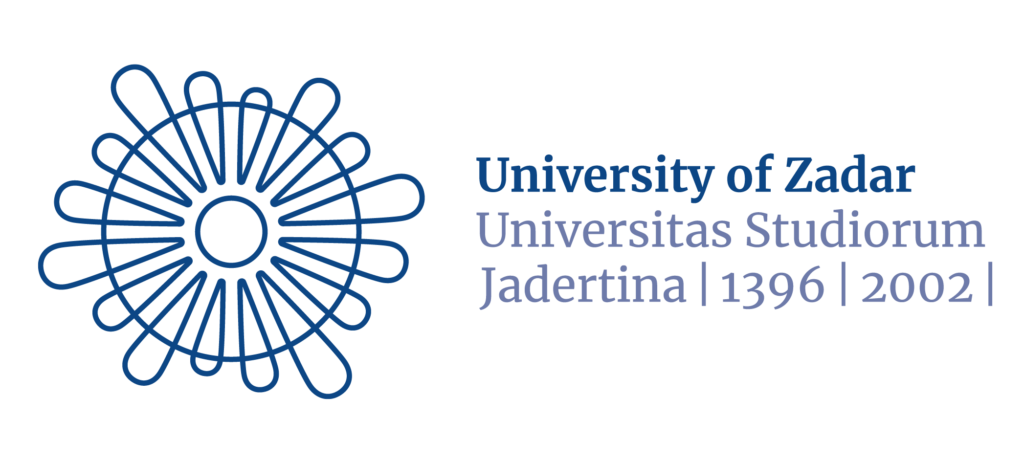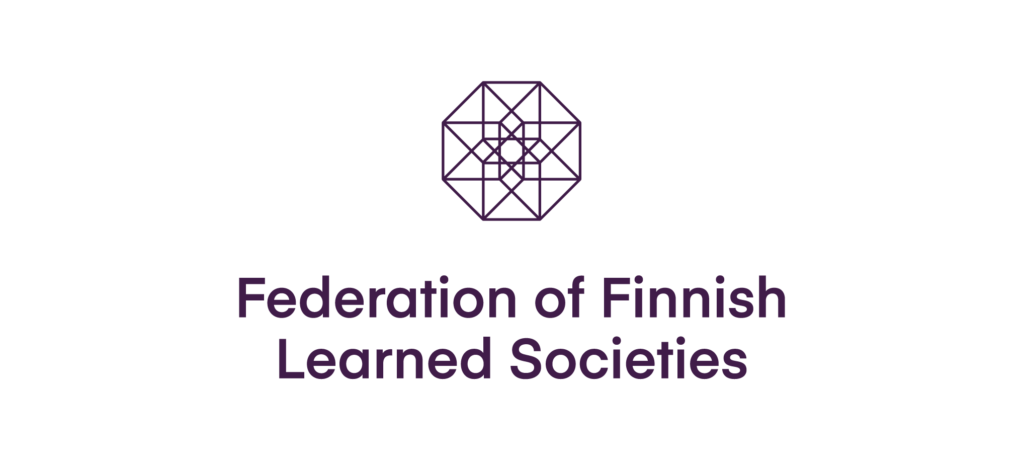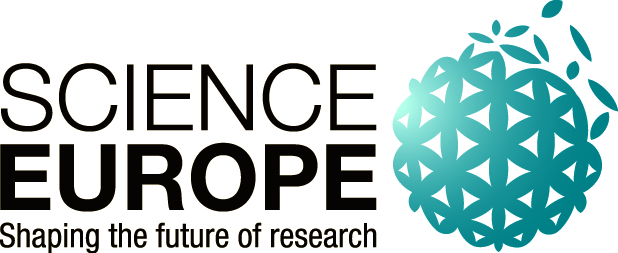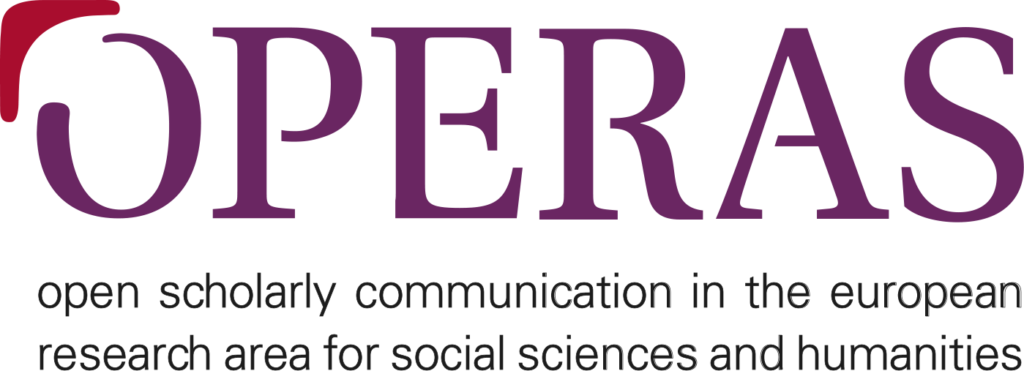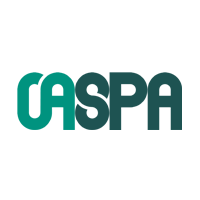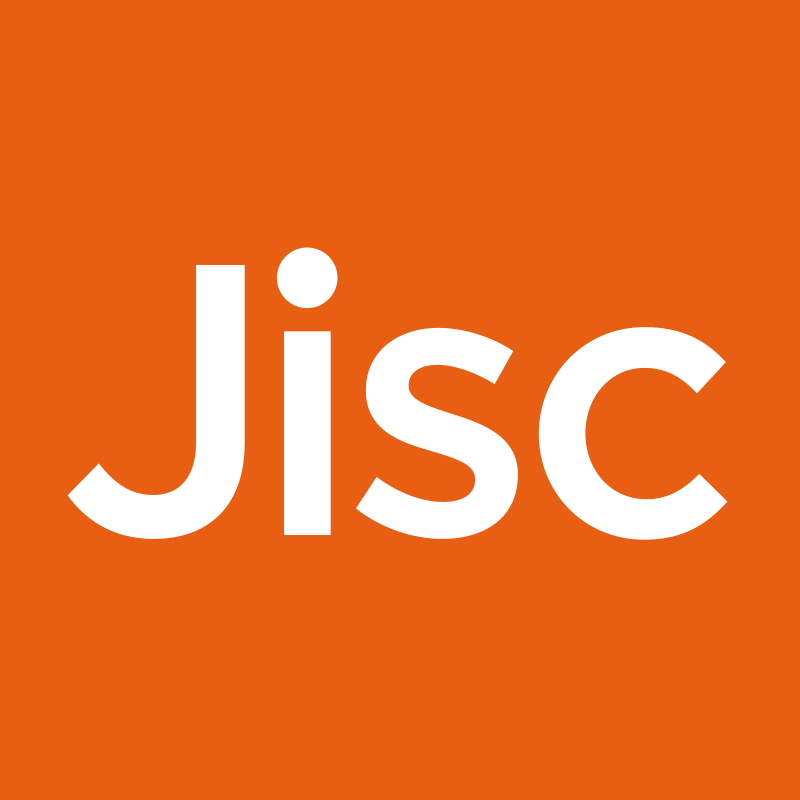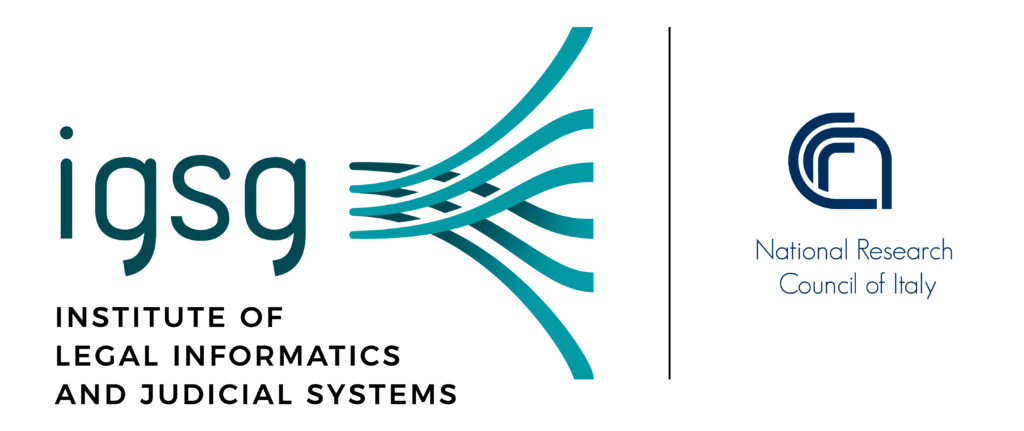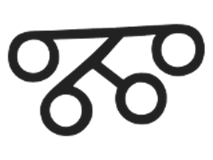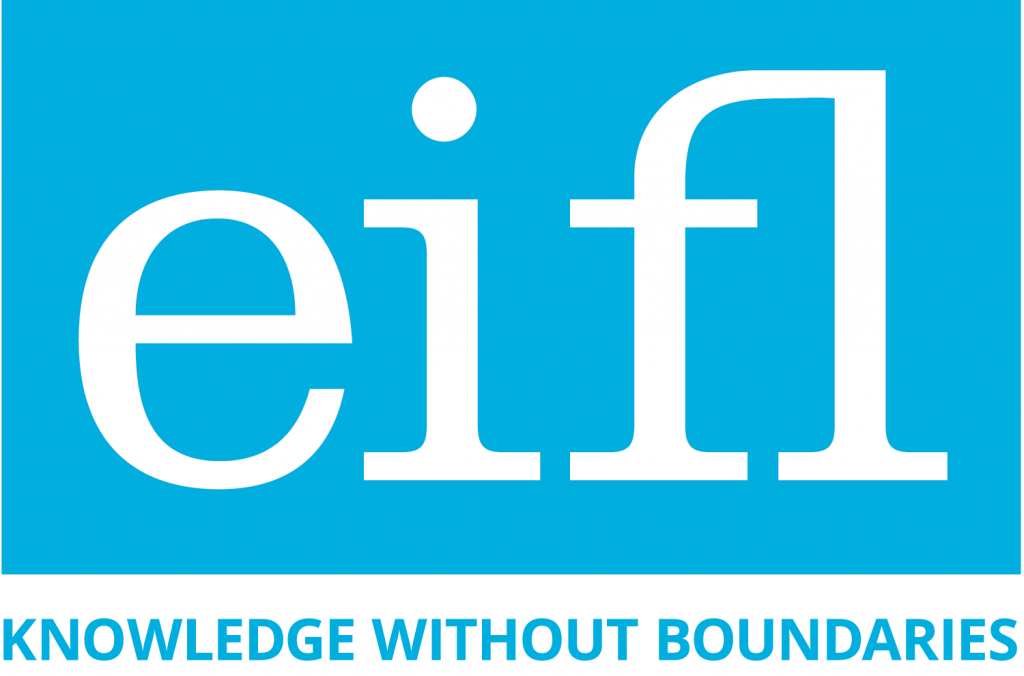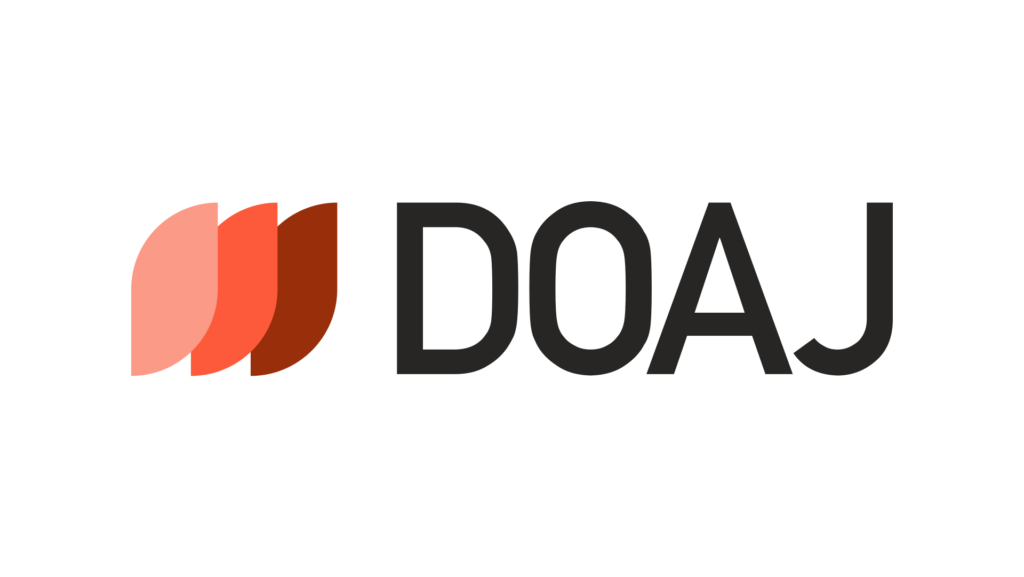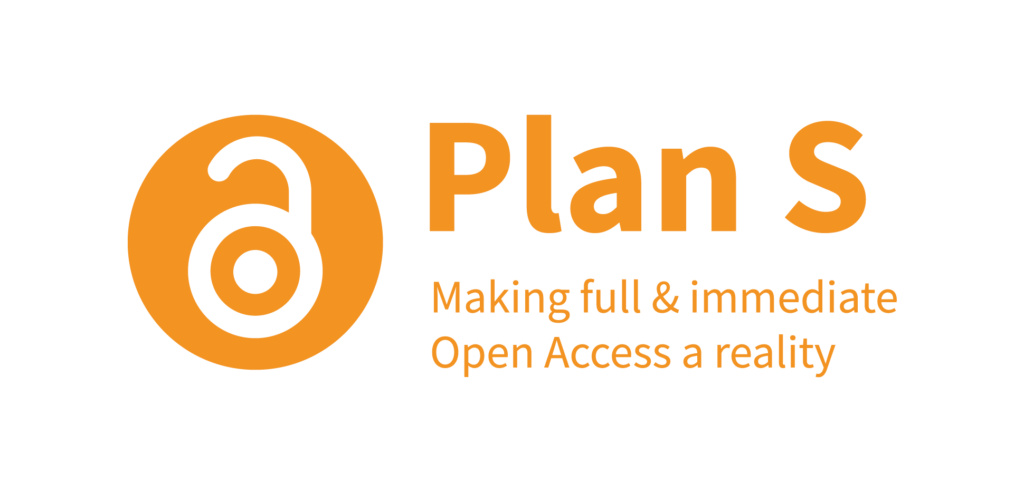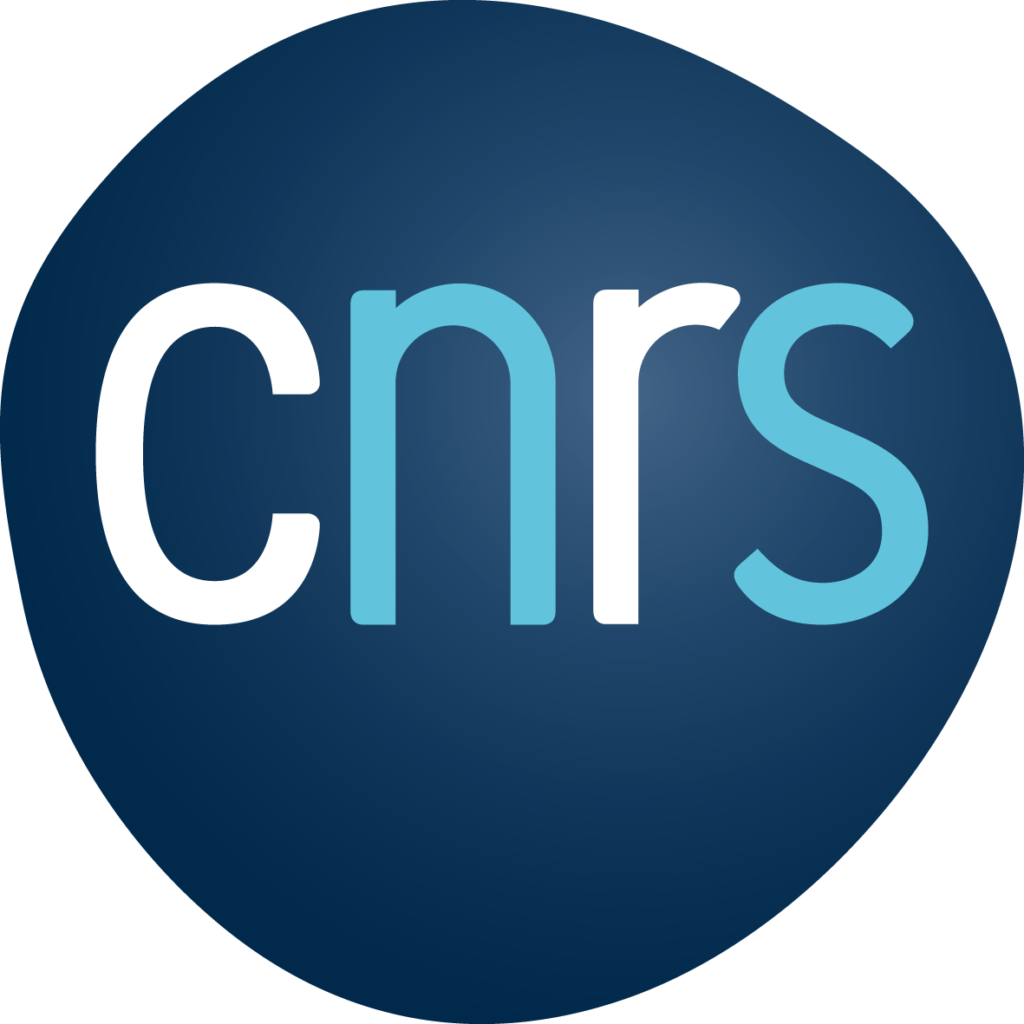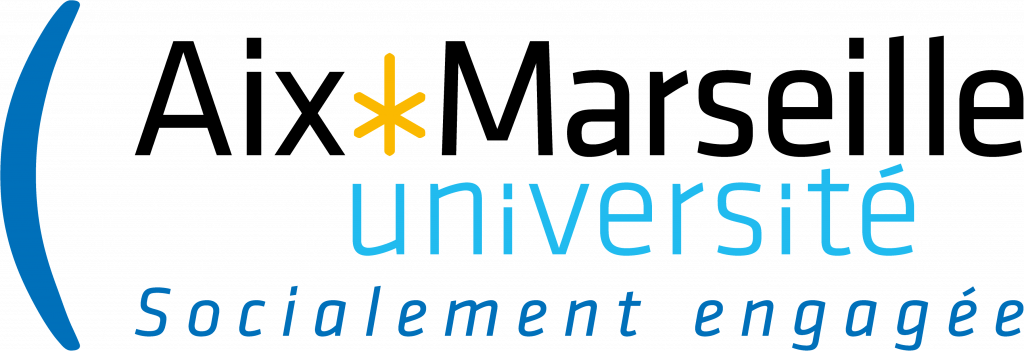International Open Access Week is in full swing! This year’s theme – Community Over Commercialisation – is a subject close to the efforts of the DIAMAS project, as we strive to support scholar-led publishing initiatives.
To mark this year’s OA Week, we spoke with different members of our project team to discuss what the theme of community/commercial means for DIAMAS, why community values are essential for our project, and how we hope to impact the publishing ecosystem.
Today’s interview is with Mikael Laasko, Associate Professor, Hanken School of Economics, Finland.
What does community over commercialisation mean to you when it comes to academic publishing?
“For me community over commercialization signals safeguarding and prioritizing the interests of the larger scholarly community and scholarship ahead of what might make most sense for the bottom line of individual businesses engaged in the space of academic publishing. For the community to be able to have control and say in matters that relate to academic publishing activities it is important that there is sufficient degree of community-ownership and governance. If control and ownership of assets is completely commercialized the interests of the community are likely to come second to the interests of commercialization. The use of commercial services for the purposes of supporting publishing processes is good for keeping competition going and having an environment that strives for renewal and innovation. It becomes a problem when that commercial control becomes the dominant guiding star in combination with having a heavily consolidated market that involves a lot of mechanisms that hinder efficient and fast-reacting market competition mechanisms.”
We hear a lot about the importance of “community”. How would you describe community in the context of academic publishing?
“Though the concept of community in academic publishing goes much wider, scholarly journals are a neat and tangible way to observe how individual communities persistently collaborate in creating and shaping their activities to produce outputs both for their immediate community but also for the larger scholarly community. I think at their core academic publishing communities are often grounded in a common view of something being worth working for and maintaining, something that does not already exist and can not easily be substituted by anything else. For communities to prosper there also needs to be a diversity in backgrounds, interests, and interactions. Taking again the example of scholarly journals there are many roles to fill for the gears of an academic journal to turn and high-quality content to be produced and edited into their final shape where there is a benefit in being many and with diverse sets of skills to enable different types of contributions to the operations. What is also relevant to note is that the same individuals can and likely do act in many roles in an active academic publishing community: author, reviewer, and perhaps as an editor or proofreader. For a community to thrive there is a need for a diverse set of people and having them contribute with varying inputs over time.”
How would you describe the values of the DIAMAS project?
“From the start it has been clear that DIAMAS partners have a very high regard for the expertise of each other, allowing for everyone’s perspectives and voices to be heard at every step of the project, so acknowledgement of diversity in this regard is an important one. There is a very collaborative spirit in everything that is done, no one is left to struggle alone as there is always support available when needed to keep things moving forward in this ambitious project. There is also a tangible excitement among participants for being part of something big that is aimed to facilitate the visibility and activities for what is seen as a vital part of the academic publishing landscape in Europe. We are all on a journey together doing something we see as very important, while learning a lot of new aspects about publishers and communities active across the countries we are engaging with throughout the project.”
How will DIAMAS contribute to promoting community values over commercial interest?
“I do consider DIAMAS being designed and built from the ground-up with substantial efforts to identify and strengthen existing communities, amplifying their common values. These communities that have formed within and around institutional publishers fulfil a very important role of maintaining publication functions that do often not have commercial values as the first and strongest priority in decision-making. Having these types of values also makes such publishers vulnerable to changes in funding and they might be reliant on to continue with their activities, not also forgetting the need to keep constantly keep developing as the digital comes with increasing expectations for technological standards and functionality. I think DIAMAS will do a lot of good in creating an international network of publishers that will grow stronger together by learning from each other through the different activities and outputs that are planned within the project.”
Does community/commercial have to be a zero-sum game?
“I would argue it is more complex than that. As I see it the two different types of values are good for shaping different things within most types of organizations working as part of the scholarly publishing landscape, and can actually be beneficial for everyone involved at the same time. Community-driven publication forums can benefit from contracting commercial service providers to serve essential functions to their operations. There is no need to have to do everything internally or only relying on other community-driven operations for assistance. However, the application and delimitation of functions with commercial values should be implemented with great care and planning if community values are to be kept as the fundamental driving value. The clashes between what can be argued to be best for the scholarly community and what can be seen to be best for commercial gain emerge when the ownership and governance functions are led by commercial-values.”
If you enjoyed this interview, you can take another look at our piece from Monday. We still have one more feature interview, which will be published later this week.





